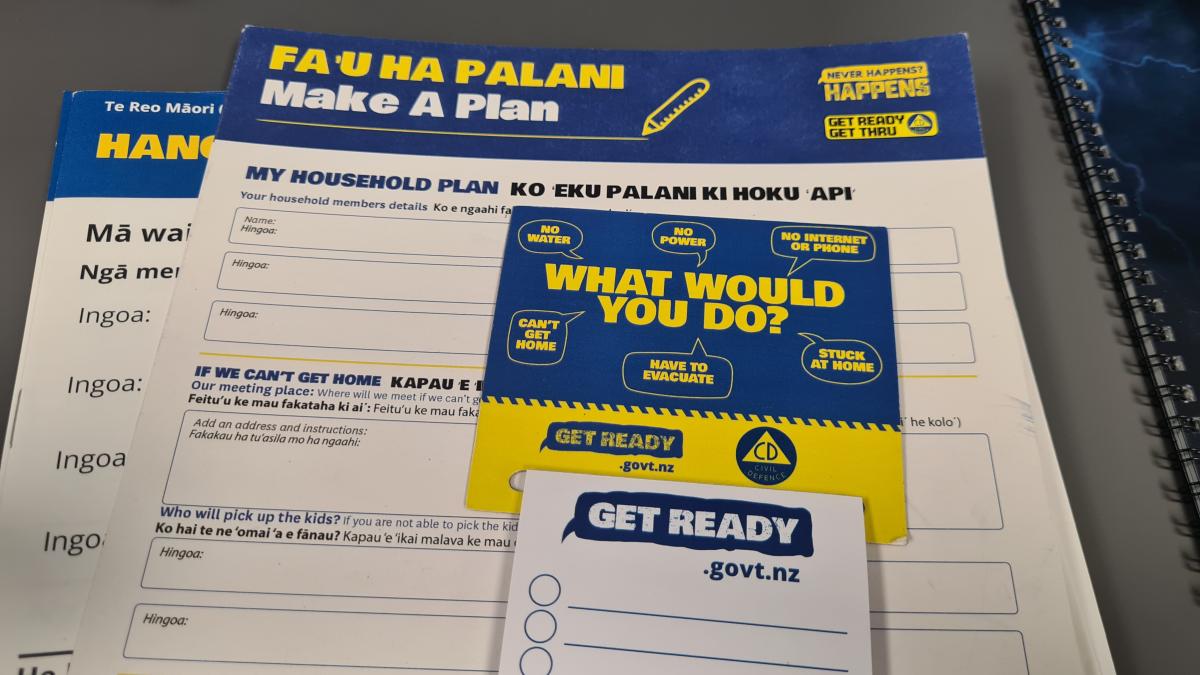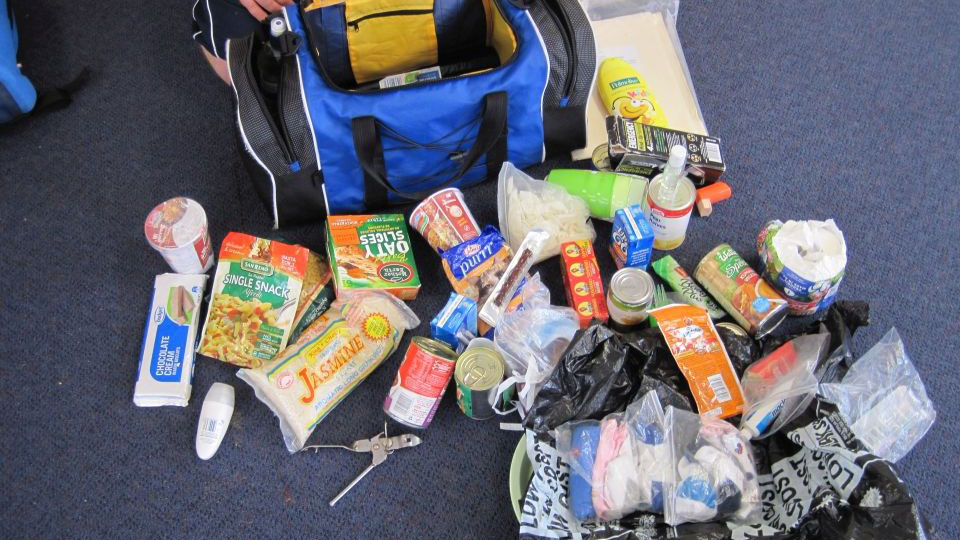← Natural hazards discover more
Insurance
If a natural hazard like an earthquake or flood damages your house, fixing it can cost a lot of money. That’s why paying for an insurance policy is so important – it helps pay to fix things up!
If your whānau owns your home and you have a private insurance policy that includes fire cover (most do), then you automatically have insurance cover through the Natural Hazards Commission Toka Tū Ake. If a natural hazard affects your home, insurance for your property is provided by both the Natural Hazards Commission Toka Tū Ake and your private insurer.
Insurance can be complicated, so it’s important to understand what’s covered and what’s not covered by your insurance policy before you need it. Ask your parents or caregivers to check knowyourcover.co.nz to see what is covered at your place.
If you do experience damage from a natural hazard, then your parents or caregivers will need to make an insurance claim. Your private insurer will manage your claim, including any damage that’s covered by the Natural Hazards Commission Toka Tū Ake.
There are things you can do to help make the claims process run as smoothly as possible:
- Before you start cleaning up after a natural hazard event, take photos or videos of any damage. Take photos before you repair, move, or get rid of anything.
- Make your claim as soon as possible after the natural hazard event. This makes it easier to assess the claim.
Many people are injured cleaning up after natural hazards, so it’s really important to be careful and think about your health and safety.
Impacts of an emergency
Emergencies in Aotearoa New Zealand can happen anytime, anywhere, and often without warning. Knowing how emergencies can impact you helps you plan better.
- Stuck at home: You might have no power, water, or supplies for several days. Make sure you have enough food, medicine, and pet supplies.
- Can’t get home: Roads or transport might be blocked. Think about alternate routes and meeting places.
- Have to evacuate: Sometimes it’s unsafe to stay. Know where to go, what to take, and how to help neighbours and pets.
- No power: Plan how to cook, stay warm, and see without electricity.
- No water: Water might be unsafe or unavailable. Have a plan for drinking, cooking, cleaning, and toilet use.
- No phone or internet: Communication may be down. Have ways to stay in touch and get updates.
- Damage to your home: Secure heavy furniture and objects that could cause injury during quakes or storms.

Knowing how emergencies can impact you helps you plan better. Image: LEARNZ.
Meet the Impacts team from Get Ready | NEMA.
Emergency plans
- Decide where to meet if separated.
- Know who picks you up from school and keep emergency contacts.
- Have at least three days’ worth of food and water, plus torches, radios, first aid, and medications.
- Prepare grab bags at home, work, and in the car.
- Plan evacuation routes and safe places outside tsunami zones.
Emergency supplies should include:
- water (at least nine litres per person for three days)
- non-perishable food and pet food
- can opener
- toilet paper and buckets for emergency toilets
- dust masks and gloves
- torches, radios, and batteries
- first aid kit and medications
- warm, waterproof clothes and sturdy shoes.

Think about what you and your whānau might need in your emergency supplies kit. Image: LEARNZ.
Staying informed
- Use a battery-powered, solar, or hand-crank radio to listen to local stations.
- Keep important phone numbers written down in case mobile networks fail.
- Emergency Mobile Alerts send warnings directly to phones with loud sounds – no sign-up needed.
- Check local Civil Defence and council websites and social media for updates. Find your region’s CDEM group here.
- National updates are on the National Emergency Management Agency’s website.
By learning from the past and preparing for these hazards, you can keep yourself, your whānau, and your community safer during emergencies.
Find out more about getting prepared | NEMA.
Māori kupu | key words
kāinga | home
hiko | power/electricity
wai | water
waea pūkoro | cell/mobile phone
ipurangi | internet
pakaru | damage
mahere | plan
whakarite | to prepare
ohotata | emergency
hihira | check
whakaputunga | supplies
reo irirangi | radio
whakatūpato | to warn, alert
pae tukutuku | website
pāhopori | social media



